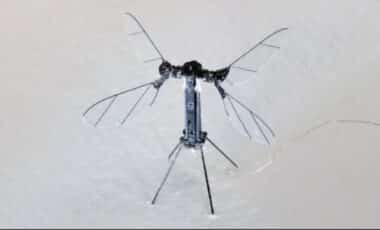crawl from foxhole to foxhole to talk to his men to let them know he was with them. Wordscannot explain the love and pride I had, and will carry to my grave, for your dad . . .” (Read, “AGavin Remembrance”, by Walter Woods, pp. ix-xii of the book. At his conclusion, note thephoto of the two of them, side by side, the gentle, kind warmth in their expressions, theirobvious loyalty to each other, standing heavily armed next to a stone house in Italy or France.Can there be a better word than “endearment” for the general, or the smile of the generalfor all that’s good in life, his family, and for Americans and America, our people, our country?In both American and British military circles, General Gavin was known as an officer who ledby example. Always, on combat jumps, especially the most dangerous ones, Sicily, Salerno,Normandy, and the Netherlands (Market Garden), in particular, he was the first one out thedoor. Fascinating is how his diary not only discusses the preparation for these operations andthe combat that followed but includes his observations on fellow military and political leaders,on his own and fellow units, and army operations in general. In short, writes Lewis “Bob”Sorley, who edited then annotated the letters with the assistance of additional annotations byKeith Nightingale, the general’s writings have now been published because Chloe“sparkplugged” the project. She supplied the typescript text of her father’s journal, providedinsights into their family relationships, and contributed their valuable photographs. As theauthor Lewis Sorley concludes in his Editor’s Prologue, “The letters, like their author, are made
of good soldierly stuff”.








